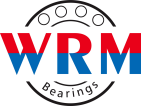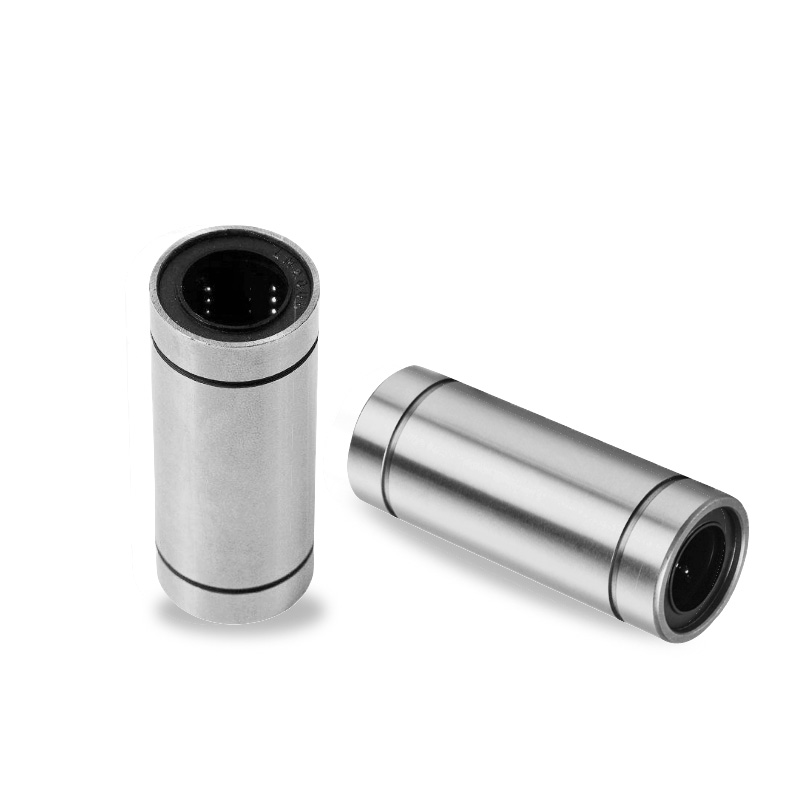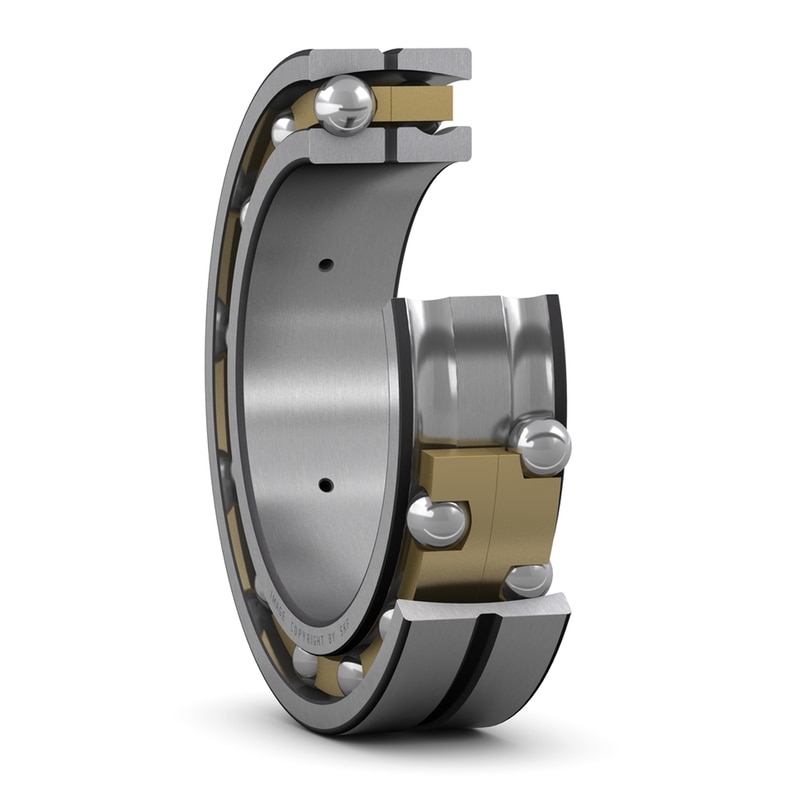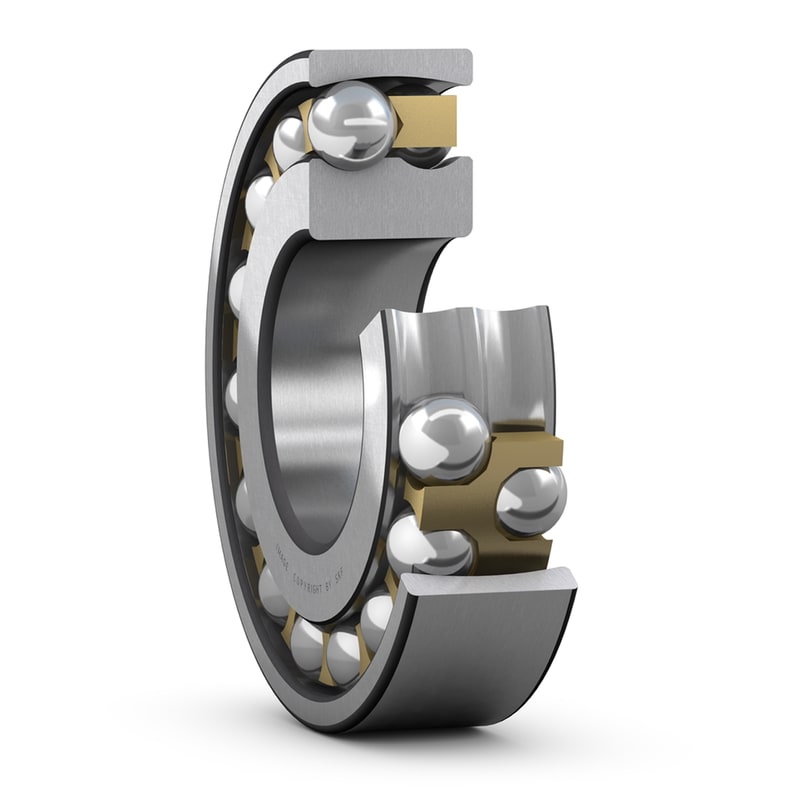Description
Linear bearings are used to provide linear motion in a variety of applications, and they have some unique features that set them apart from other types of bearings. Some of these features include:
1. Low friction: Linear bearings are designed to provide smooth, low-friction movement along a linear axis, reducing wear and tear on moving parts.
2. High precision: Linear bearings are designed for high precision and accuracy, making them suitable for use in applications where precise movement is required.
3. High load capacity: Linear bearings can handle high loads, making them suitable for use in heavy-duty applications.
4. Self-aligning: Some linear bearings are self-aligning, allowing them to compensate for misalignment and angular movement.
5. Easy installation: Linear bearings can be designed for easy installation, with features such as pre-drilled mounting holes and mounting brackets.
6. Corrosion-resistant: Linear bearings can be made from materials that are resistant to corrosion, making them suitable for use in harsh environments.
7. Lubrication: Linear bearings can be lubricated with grease or oil to reduce friction and wear.
8. Maintenance-free: Some linear bearings are designed to be maintenance-free, with a self-lubricating design that eliminates the need for regular lubrication.
Overall, linear bearings are designed for use in applications where there is a need for smooth, precise movement along a linear axis. They are commonly used in industrial machinery, automation equipment, and robotics, among other applications.
Linear bearings are used in a variety of applications across different industries. Some common applications of linear bearings include:
1. Industrial machinery: Linear bearings are used in heavy machinery such as conveyor systems, packaging equipment, and assembly lines to provide smooth, low-friction movement along a linear axis.
2. Automation equipment: Linear bearings are used in automation equipment such as robots, CNC machines, and pick-and-place systems to provide precise, accurate movement along a linear axis.
3. Medical equipment: Linear bearings are used in medical equipment such as diagnostic machines, surgical robots, and patient beds to provide smooth, precise movement and reduce the risk of injury to patients.
4. Aerospace industry: Linear bearings are used in aircraft components such as wing flaps, landing gear, and control systems to provide smooth, precise movement and reduce wear and tear on moving parts.
5. Automotive industry: Linear bearings are used in automotive components such as steering systems, suspension systems, and seat adjustments to provide smooth, precise movement and reduce NVH.
10. Semiconductor industry: Linear bearings are used in semiconductor manufacturing equipment such as wafer handling systems, inspection machines, and lithography equipment to provide precise, accurate movement and reduce the risk of contamination.
Overall, linear bearings are used in any application where there is a need for smooth, precise movement along a linear axis. They are commonly used in applications where other types of bearings may not be able to provide the required level of precision or accuracy.




